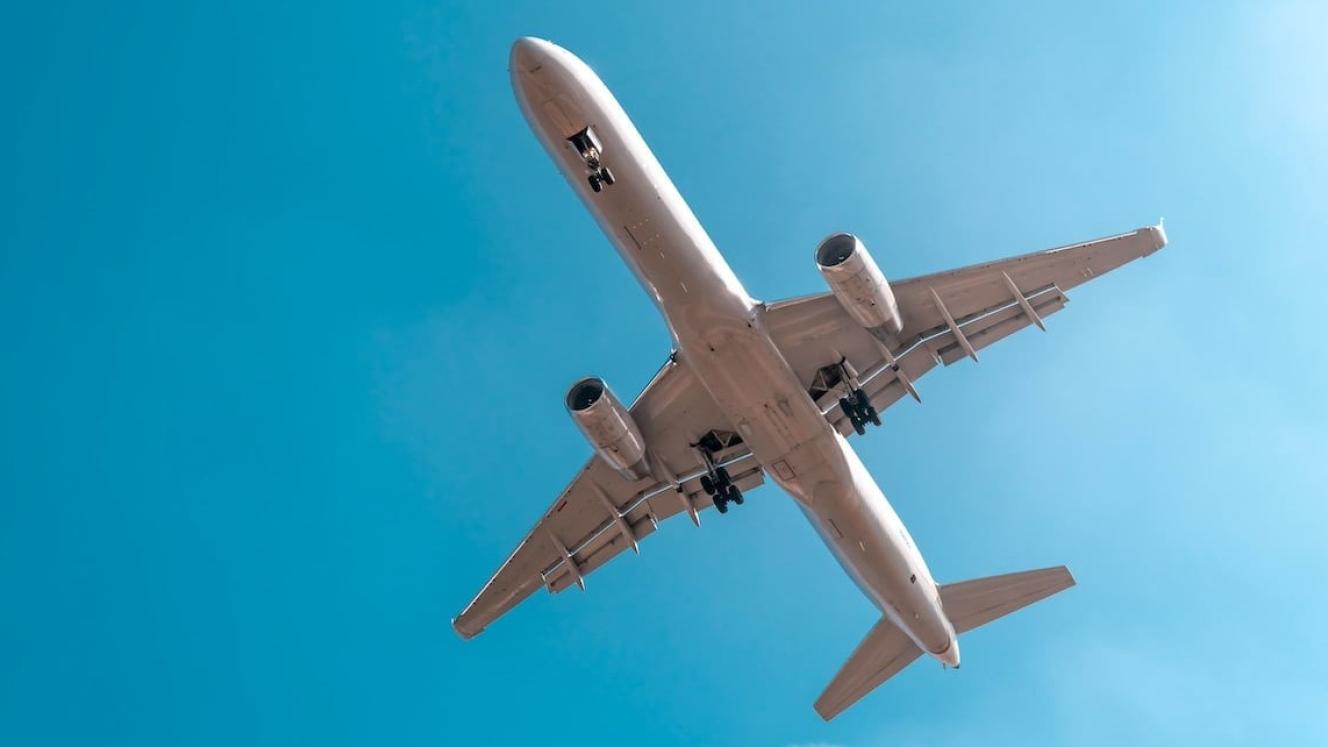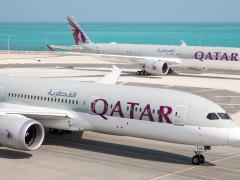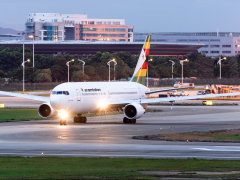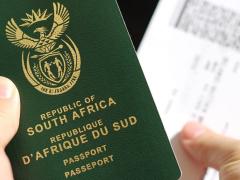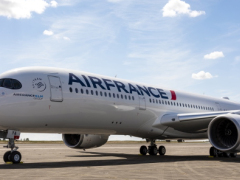Blocked airline funds remain one of the biggest obstacles to the growth of intra-Africa air connectivity.
“One of the biggest challenges we face with regional network growth, especially in the Southern African region, is the repatriation of funds,” Sean Mendis, aviation consultant, told Travel News.
Africa and the Middle Eastern region accounted for 85% of total blocked funds, worth $1,1 billion (R19,5 billion), at the end of April, Iata revealed in its blocked funds report in June.
Southern African countries featured prominently on the list, with Mozambique in first place, owing $205 million (R3,6 billion), Angola in sixth place with $84 million (R1,5 billion), Zimbabwe was ninth with $68 million (R1,2 billion) and Ethiopia came in at 10th with $44 million (R780 million).
“Zimbabwe, Mozambique and Malawi have huge amounts of money locked up for South African carriers,” added Mendis.
Impact
Barsa CEO, George Mothema, said: “Blocked funds can discourage airlines from expanding into new intra-Africa routes, as the inability to repatriate funds undermines financial sustainability. This has a direct effect on the willingness of African carriers to commit to more regional and intracontinental services, thereby weakening the broader agenda of enhancing intra-Africa connectivity.”
Willie Walsh, IATA Director General, explained that reliable access to revenues was critical for airlines, as they operated on very thin margins, and that the efficient repatriation of funds was a prerequisite for airlines to be able to provide connectivity. “Governments must realise that it is a challenge for airlines to maintain connectivity when revenue repatriation is denied or delayed,” he said.
Additionally, the efficient repatriation of airline revenues is meant to be guaranteed in bilateral agreements.
“Blocked funds can create tension in bilateral agreements, as airlines may be reluctant to serve markets where they cannot freely remit earnings. In particular it has a huge impact on the African Union’s Southern African Air Transport Market (SAATM) as a flagship for African connectivity,” said Mothema.
Protective measures
Just this month, Airlink sent a letter to the Mozambique Travel Agent and Tour Operators Association regarding its “persistent difficulties in repatriating funds generated by airline ticket sales in the country”. It advised that it had been seriously considering terminating airline ticketing through local booking channels in Mozambique, but that it was actively exploring all possible avenues to resolve the situation, as reported by Travel News.
“We are aware that some airlines are considering implementing protective measures, including restricting sales via local booking channels. This is crucial to protect their businesses,” said Mothema.
He explained that the resolution of blocked funds would require coordinated action between governments, regulators, and central banks to prioritise aviation in foreign exchange allocations, stating that engagement at both bilateral and multilateral levels was essential.
Last resort
Somas Appavou, IATA Regional Director for External Affairs in Africa, explained that airlines facing blocked funds could ultimately resort to reducing flight frequencies or suspending routes entirely.
“To facilitate aviation’s economic and social benefits, governments need to live up to their international obligation and remove all barriers to airline revenue repatriation,” said Appavou.
